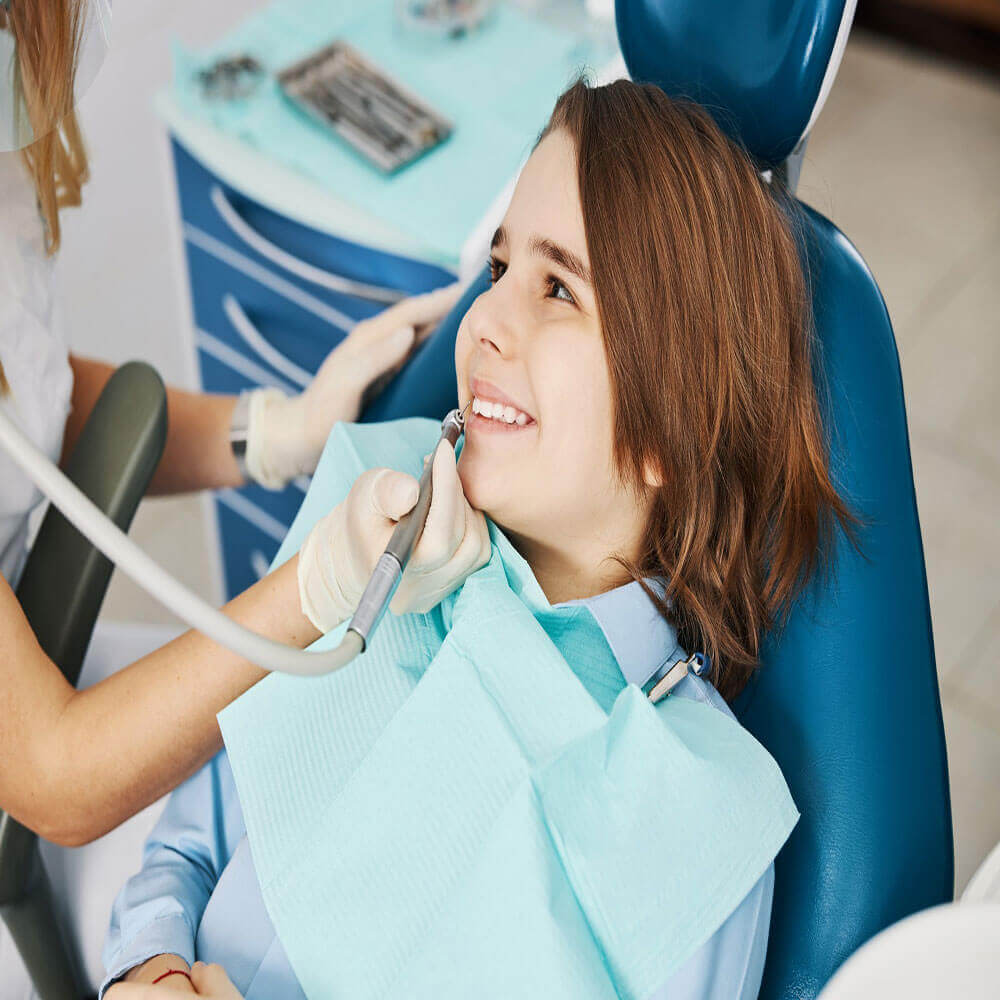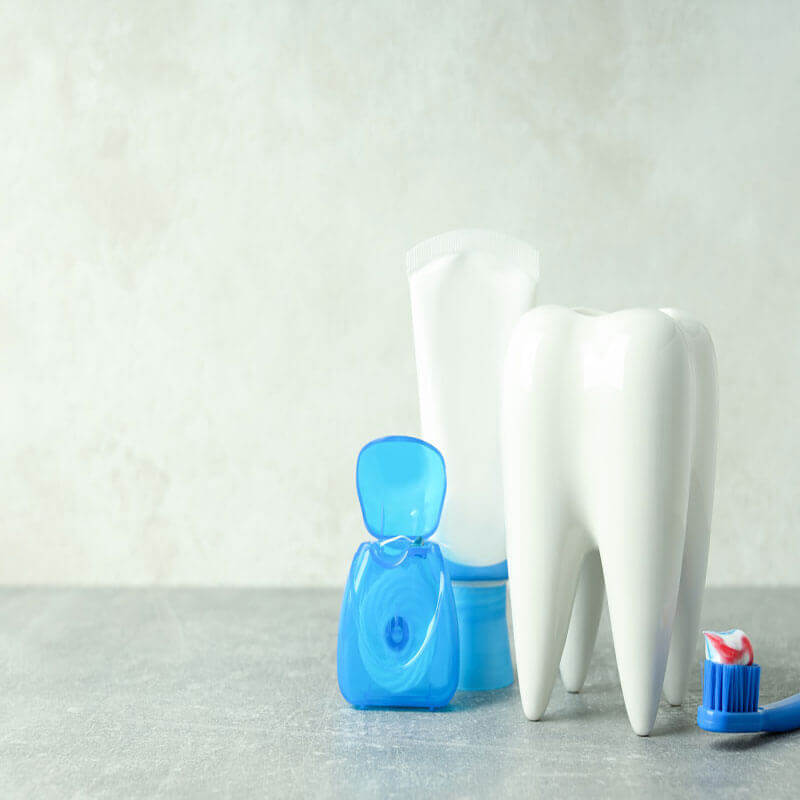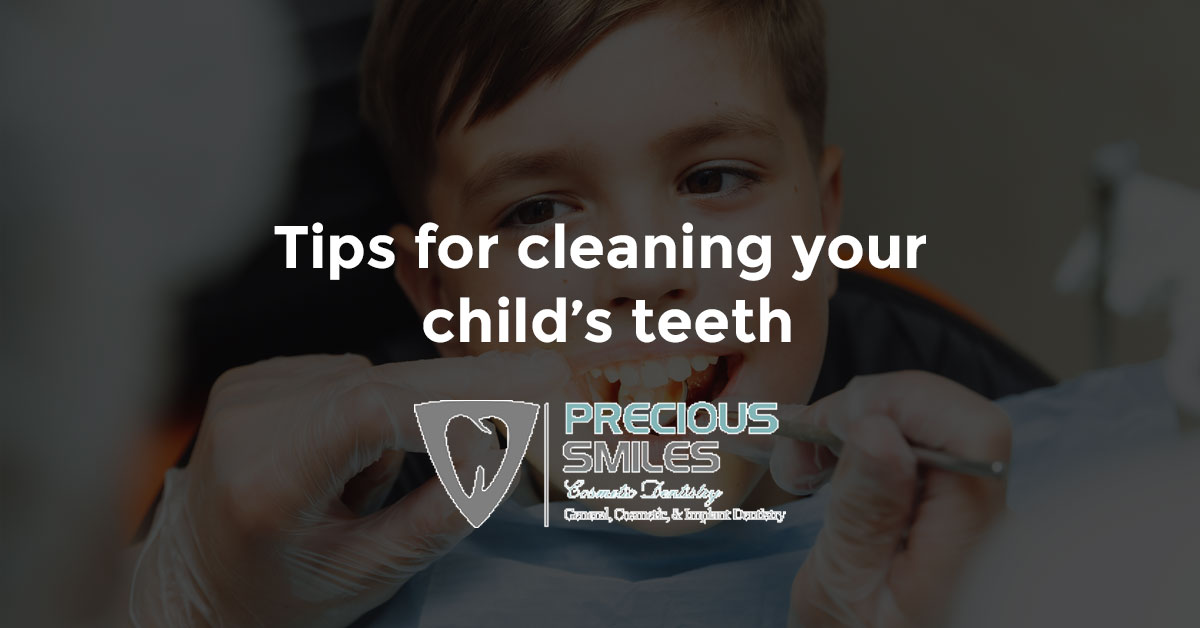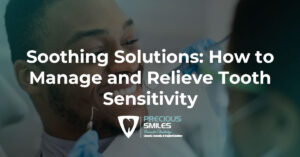When it comes to cleaning your child’s teeth, it’s never too early to introduce them to those habits that will later follow them throughout their lives. By establishing a healthy routine, you will lay a healthy foundation for the rest of their life when it comes to dental care.
The first teeth usually appear between 6 and 10 months. With some children, they may start sprouting earlier, and in some much later, and neither case is worrisome. Baby teeth can come in any order, and this is something you should know and not worry about.

As soon as the baby’s first teeth appear, brush them
When the baby’s first teeth appear, it is important to start brushing them regularly with soft toothbrushes. Instead of a brush, you can also use a soft damp cloth. You should clean your baby’s teeth twice a day. So in the morning and at night before going to bed.
Of course, including a toothbrush even from the earliest period of the baby’s life, apart from the fact that it will more successfully eliminate bacteria, it will also create healthy lifestyle habits in time. When choosing a toothbrush for children, you should choose those that are soft and that are intended exclusively for brushing children’s teeth.
For the period up to 18 months, only use water, and from the 18th month until the sixth year, you should use a very small amount of paste, the size of a pea. After that, the child should already start using fluoride toothpaste from the age of one.
Flavored toothpastes have proven to be effective and fun for brushing children’s teeth, however, you should check the contents to see if the toothpaste contains the necessary fluoride.
How do you brush your child’s teeth?
Babies and children cannot clean their own teeth adequately and properly, although it is important that they do it themselves because of the acquisition of habits. But you can join them in the fun and help them with the washing so that they can learn from you.
Find a comfortable position when brushing your child’s teeth and brush along the gum line and clean each tooth thoroughly. Brushing your teeth should take about two minutes. You should also start using products like dental floss with your child so that cleaning between teeth becomes a good habit from a young age.
Teaching a child to brush his teeth
As we have already emphasized, it is very important to encourage children to learn to brush their teeth and to develop this habit. In order for children to develop a healthy brushing technique and for them to brush for a long enough time with the correct toothpaste and brush and floss, you must be persistent in teaching them this.
By the age of eight, you should be present most of the time when your child brushes their teeth in order to maintain healthy habits.
Always reward good behavior
Children always love to be the center of attention. And they always like a reward for their hard work and good behavior. In order to strengthen the child’s desire and will to brush their teeth and gums better and more correctly, you can reward them with something they like the most and which they will be happy to wish for again if they are obedient.

Be flexible
Of course, it can be very challenging to teach your child about regular tooth brushing habits. Your child may not like the taste of the current toothpaste you are using. Or maybe he doesn’t like the brush because it’s too rough, or it looks the way the child doesn’t want.
Try to be flexible and accommodate the child in these questions so that they can create the habit of brushing their teeth in an easier and happier way.
What to do if the child refuses to brush
If you have bigger problems because the child refuses to brush his teeth, try to introduce into the teeth brushing ritual some habit that the child likes, such as watching and listening to a favorite cartoon or song. Use your imagination to make brushing fun.
Appointments at the dentist
Take your child for regular dental check-ups as soon as the first baby teeth appear. You should listen to the dentist and come for regular check-ups when he gives you an appointment, in order to monitor the normal growth and development of children’s teeth.
This is also a good habit so that the child does not develop a fear of going to the dentist over the years, and to have a healthy habit of regularly checking the state of the teeth.
How to Care for Your Child’s Teeth? Check HERE.




